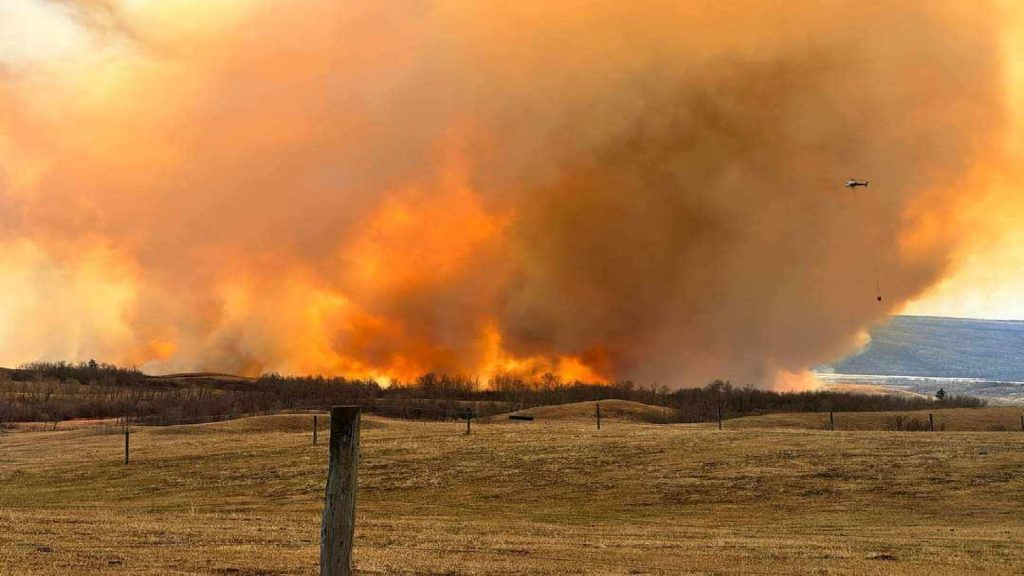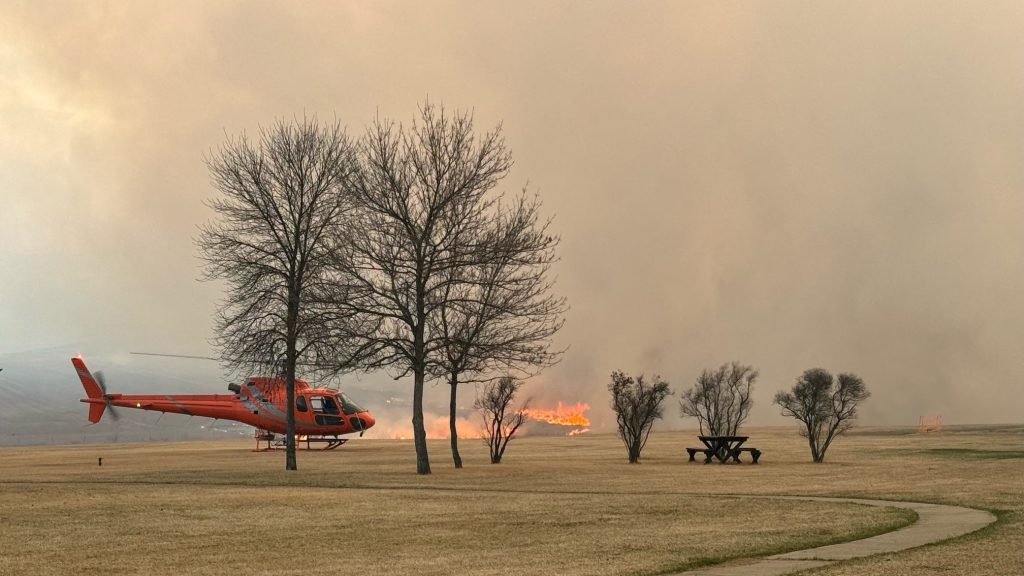Clocks set to turn back on Sunday, for final time in some parts of Canada
Posted Oct 31, 2020 7:25 am.
Last Updated Oct 31, 2020 9:24 am.
Most Canadians will get an extra hour of sleep tonight as daylight time comes to an end and clocks turn back an hour.
And while some bemoan the loss of evening sunshine, experts say the end of daylight time may feel more welcome this year due to the upheaval caused by the COVID-19 pandemic.
University of Toronto psychology professor Steve Joordens reckons an extra hour of rest can’t hurt as Canadians brace for a winter of contagion-fuelled discontent.
But Wendy Hall, a professor emeritus at the University of British Columbia’s school of nursing, says the “fall back” to standard time will only exacerbate sleep disruptions linked to the COVID-19 crisis.
If a private members bill in the legislature gets final approval, it could be the last time Ontarians have to tinker with their clocks.
Jeremy Roberts, MPP for Ottawa West-Nepean, tabled the bill back in early October calling for the province to remain on Daylight Saving Time permanently. However, the measure would only take effect if neighbouring Quebec and New York State enact similar legislation.
The bill passed second reading at Queen’s Park with unanimous support of all parties.
The Yukon, meanwhile, decided to adopt year-round daylight time in March after a survey showed strong support for the proposal.
The territory uses Yukon standard time, which has always existed as a time zone, but previously aligned with Pacific time. The territory’s time will line up with Pacific daylight time again when it turns over in March.
Yukon government analyst Andrew Smith has been working with companies in areas ranging from telecoms to aviation on how to deal with a time zone that doesn’t fall back with its neighbours.
“There’s no manual or checklist on how to change a time zone,” he said in an interview.
Smith started working on the change over a year ago. He says he’s examined the problem from a variety of angles, including looking at time philosophically and practically.
“We’re north and we know darkness. We know long winter nights,” he said. “So the question really is … when do you want to place that finite amount of sunlight during the day?”
Anything that runs on a computer or requires software will likely be affected, he said, listing traffic lights as one example. This required working with local authorities to make sure their software would be updated.
“I think it’s going to be a little bit like a weird New Year’s Eve at my house on Saturday night. It’s going to be very anxious to see how things are going to move,” Smith said.
“I’m confident that we’ve made the right calls, that we’ve made the right changes in the right infrastructure.”
Premier Sandy Silver says he’s confident the government has made the right choice.
“Yukoners are ready to not deal with the headache of their circadian rhythms all being messed up,” Silver said.
There will be an adjustment period, but people showed a strong desire to get rid of the need to change the clocks, he added.
Werner Antweiler, an economics professor at the University of British Columbia’s Sauder school of business, said he doesn’t foresee any financial hardships arising from the switch.
“The benefit will be to avoid the switch over in the spring, which has been found to be disadvantageous,” he said.
Antweiler said he believes other jurisdictions, like B.C., will be keeping a close eye on Yukon.
B.C. has been contemplating a permanent move to daylight time. More than 93 per cent of respondent to a provincial survey, or almost 225,000 people, supported permanent daylight time.
Legislation had been tabled to make Pacific time permanent, but Premier John Horgan previously said that B.C. would be keeping tabs on its American neighbours before adopting any switch.
“All the other jurisdictions are kind of holding their breath and sort of waiting till the switch in the U.S. takes place,” said Antweiler. “The idea is really to synchronize and not to have disruptions by having discrepancies in time zones with major trading business partners.”
As other provinces adjust their clocks on Sunday morning, Smith says he’s excited to see how residents react and gain a better understanding of what further changes need to be made.
“We won’t know the depths until next week,” he said.










